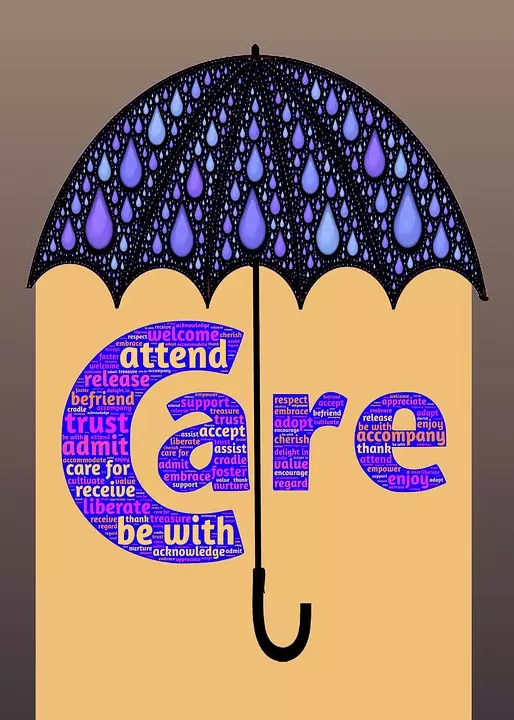Many people are hesitant to enter into alcohol or drug rehab in Broward County for a variety of reasons. Often there is such shame surrounding the substance abuse that the addict is worried about others finding out. But there isn’t need to worry, there are strict confidentiality policies surrounding drug rehabilitation and the information will not be shared with anyone other than you without your consent. Many people worry that rehabilitation will be too hard, too scary, or too long, but there are a variety of treatment options to meet your needs. Fear of the symptoms associated with withdrawal can also be hindering, but know that the skilled professionals can offer support and assistance during this difficult time.
Intake
The first step in drug rehabilitation is intake. There will be forms and questionnaires to fill out. Be as honest and forthcoming as possible, as these will help the staff find the right and most effective treatment for you. There may be some screenings and diagnostic health tests done as well to ensure your safety. These all require your consent.
Detox
This is the stage where the drugs or alcohol leave your body and withdrawal symptoms may occur. The length and severity of the process depends on the drug, extensitiviy of use, and your metabolic rate. You will be monitored closely during this time and may have symptoms such as fatigue, irritability, nausea, excessive sweating, insomnia, and diarrhea. It is important to work closely with your healthcare professionals during this time as some substance withdrawal symptoms can be more severe and include heart attack, seizures, and stroke.
 Rehab/Recovery
Rehab/Recovery
During rehab and recovery it is likely that you will participate in group therapy, individual therapy, complete work books, and attend classes. Many treatment options also include family counseling, which can help to repair the damaged relationship caused by the addiction. These treatment options will provide you with the tools you need to stay sober and safe.
To get yourself or a loved one started on a path of recovery from a drug or alcohol use disorder, contact us immediately. It’s never to early to seek treatment.

 Rehab/Recovery
Rehab/Recovery